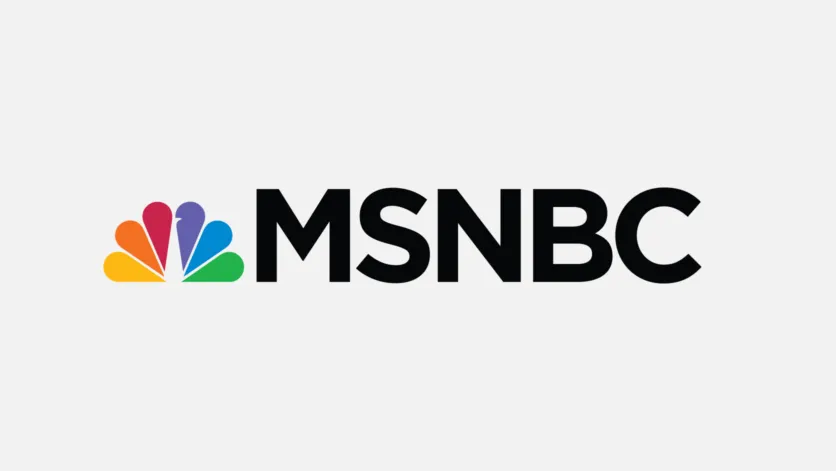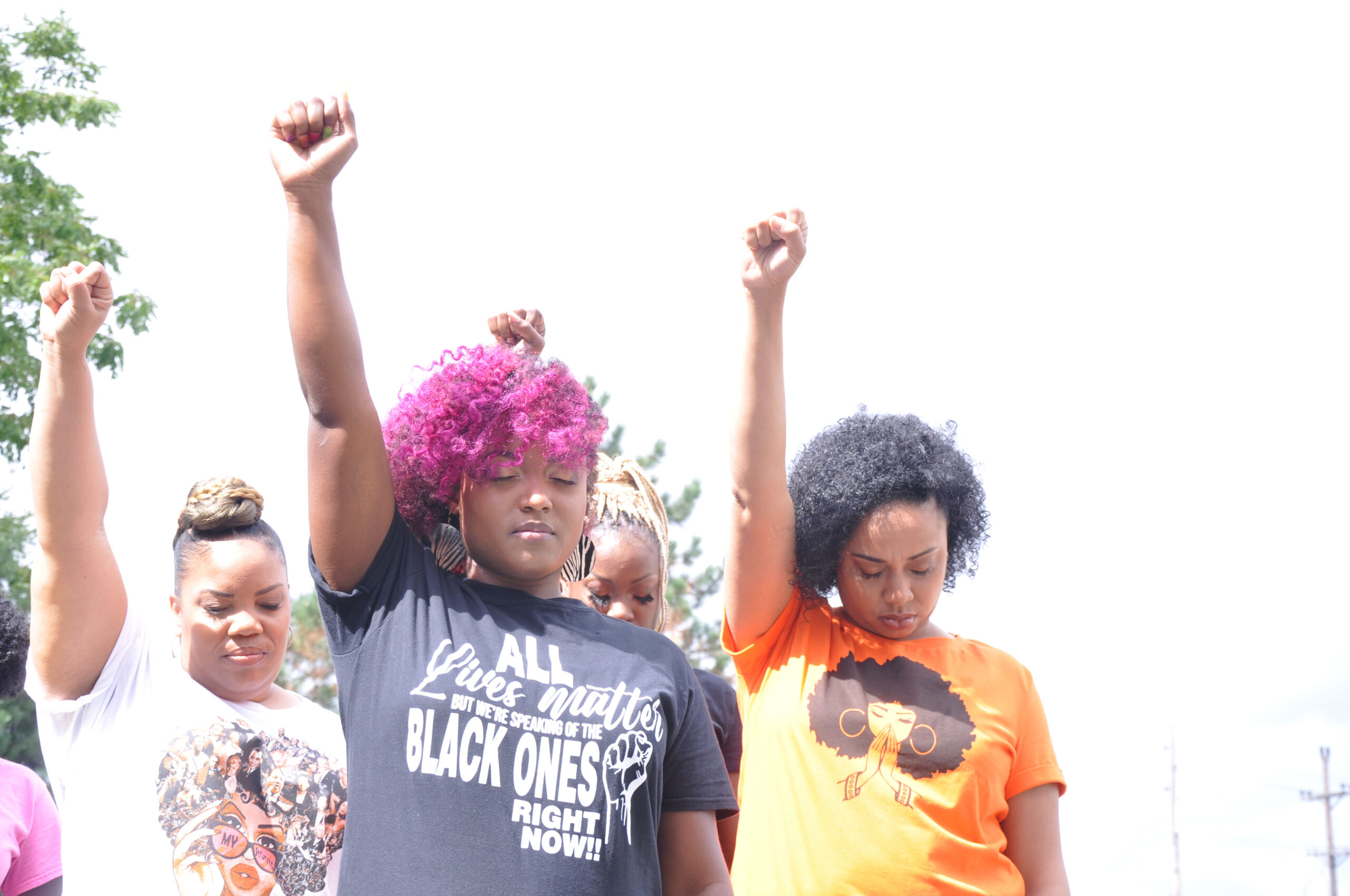(HOUSTON) — In today’s rapidly evolving journalistic landscape, where news outlets prioritize audience engagement to thrive in the digital age, the lines between objective reporting and advocacy journalism often blur. MSNBC, with its distinct blend of news and progressive commentary, emerges as a particularly polarizing figure in this debate. While MSNBC is a household name and is considered a trusted news source by many, the outlet often provides platforms to advocates and opinionated TV commentators. While many outlets weave opinion into their reporting, MSNBC stands out due to its prominent primetime line-up and a history of live television that sparks intense debate on trending topics in politics and global affairs. These facts position the outlet into a gray area of journalism. Is this network a beacon of advocacy journalism, a genre that organizes and calls for change on topics that the network or its affiliates care about, or is it fulfilling the demands of today’s media consumers in an impartial manner? Let’s delve into the heart of this quandary.
Established in 1996 as a joint venture between Microsoft and NBC, MSNBC has emerged as a formidable presence in cable news. Advocacy journalism, known for openly promoting specific ideological or political perspectives, often blurs the boundaries between objective reporting and opinion. A 2017 study conducted by the Pew Research Center found that a striking 85 percent of MSNBC’s programming is opinion-based, while a mere 15 percent consists of factual reporting. This substantial gap raises eyebrows and forces one to question the network and where it stands on the spectrum of impartial news, solidifying its identity as an advocacy journalism platform.
MSNBC’s primetime hosts, including prominent figures like Rachel Maddow and Lawrence O’Donnell, passionately champion progressive causes, occasionally overshadowing impartial reporting. Some of the politically charged topics MSNBC heavily covers through often skewed commentary programs include the GOP, voting rights, and police brutality. Most of the coverage involves liberal TV commentators and guests discussing issues that the left cares deeply about in politics, creating echo chambers on those issues. For example, the leaked draft opinion on Roe v. Wade from the Supreme Court. Rachel Maddow told viewers, ‘If a Republican wins in 2024, we’ll have a nationwide abortion ban in America.’
From an ethical standpoint, journalism values transparency and impartiality. MSNBC’s transparency about its progressive inclinations, like promoting progressive causes, sets it apart from outlets claiming impartiality but harboring hidden biases. For instance, when a host passionately advocates a specific political perspective, like Rachel Maddow championing progressive causes, it blurs the line between news and opinion, marking the shift towards advocacy journalism. This transition happens when opinions drive news content, prioritizing a particular viewpoint over impartiality.
The Society of Professional Journalists (SPJ) emphasizes the importance of journalists being fair and accurate when reporting the news. MSNBC’s unabashed alignment with progressive viewpoints naturally raises questions about its ability to fully uphold these principles. While transparency remains a cornerstone of journalistic integrity, the central issue persists: Can MSNBC’s open association with a specific perspective genuinely coexist with impartiality and independence, as stipulated in the SPJ’s code of ethics?
From an ethical standpoint, journalism values transparency and impartiality. MSNBC’s transparency about its progressive inclinations, like promoting progressive causes, sets it apart from outlets claiming impartiality but harboring hidden biases. For instance, when a host passionately advocates a specific political perspective, like Rachel Maddow championing progressive causes, it blurs the line between news and opinion, marking the shift towards advocacy journalism. This transition happens when opinions drive news content, prioritizing a particular viewpoint over impartiality.
As discerning consumers of news, we bear the responsibility of critically evaluating the information we encounter, actively seeking diverse perspectives, and engaging in discussions that cultivate a nuanced comprehension of our intricate world. MSNBC’s role underscores the critical importance of media literacy and emphasizes the indispensability of a transparent, diversified press in safeguarding democratic ideals. In an era where the lines between advocacy and journalism have become increasingly blurred, MSNBC’s position reflects the evolving nature of news. Its undeniable influence and the impassioned debate it kindles underscore the pressing need for heightened media literacy and responsible engagement in our democratic society.


